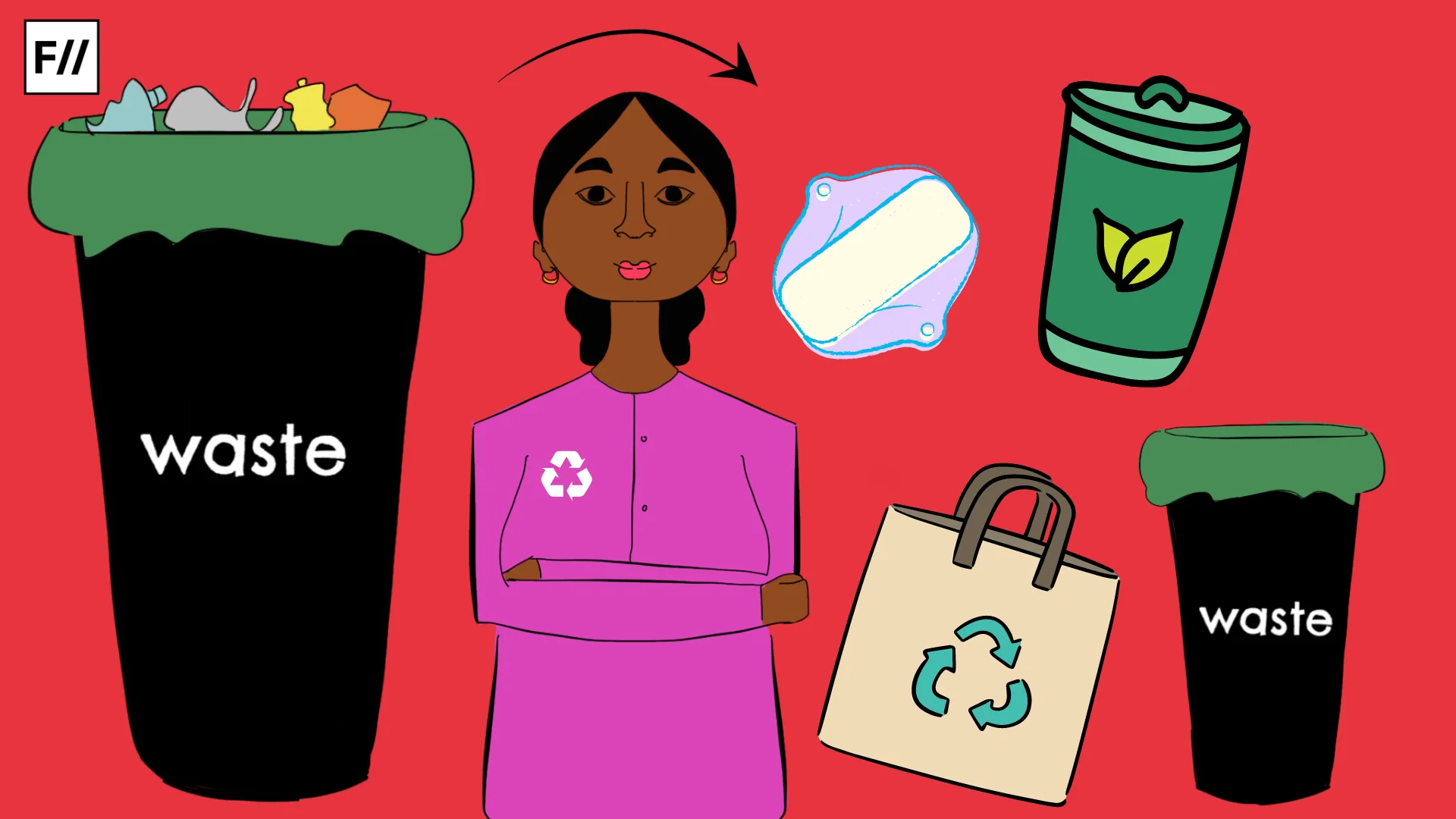Editor’s Note: This month, that is August 2019, FII’s #MoodOfTheMonth is Travel, where we invite various articles narrating bitter-sweet travel experiences. If you’d like to share your story, email us at pragya@feminisminindia.com.
Many of us are not aware of the ecological cost of our travel endeavours. Though, the wave of global tourism has transformed the economy of several nations, it has also led to globetrotters inadvertently contributing to climate change.
One example of this is the recent proliferation of tourism in Shimla hills of India where the influx of tourists and the growing infrastructure demands have diminished the ecological integrity of the region. The consumerist city-life has now engulfed the once pristine travel location. Scarcity of water, air pollution, and overpopulation are some of the problems faced by the people there.

Similarly, Thailand, which is the most visited country in the world, is now one of the ten countries most impacted by climate change. Last year, the tourism department of Thailand had to temporarily close the Maya Beach to conserve marine life near Phi Phi Island after 80% of its coral life was destroyed because of mass tourism.
Last year, the tourism department of Thailand had to temporarily close the Maya Beach to conserve marine life near Phi Phi Island after 80% of its coral life was destroyed because of mass tourism.
It becomes crystal-clear that the travel sector is adding more to climate change than the global economy. It is important to remember that we are merely visitors to the places that we travel to. Therefore, it is a moral necessity on our part to help conserve the areas we visit and bring benefits to the host communities.
Though, it is not always possible to make sustainable choices while travelling, for instance, people with disabilities often struggle to make eco-friendly choices because of the lack of facilities, one can however reduce our ecological footprint by simply being more thoughtful. Here are some ways you can have an environmentally friendly travel experience.
Curb your carbon emissions
As per recent studies, the travel sector alone accounts for 8% of global carbon emissions. Though, carbon emissions are unavoidable when travelling, it can significantly be reduced with extra efforts. Travelling by a train or a bus instead of an airplane is one step towards conservation. Not only it curbs the additional carbon emissions but it also helps you have an immersive experience with the place that you are visiting.
If airplane travel is a must, you can avoid your carbon impact by travelling as light as possible, because the more a plane weighs, the more carbon emissions it produces. You can also make your flying sustainable by choosing a direct flight or a sustainable airline. You can reduce your travel footprint by travelling to destinations that show a deep commitment to eco-friendly policies and practices. Similarly, you can invest in carbon offset programmes which will help in neutralising your carbon emissions by tree-planting or other clean-energy projects.
Conserve water and energy
You can be a friend to the environment by simply spending less time in the shower, turning taps off properly and by reporting any leaking faucets or toilets to your hotel. Also, unplug all the energy-gobbling devices when you are leaving your hotel room. Similarly, carrying your own earth-friendly soap will prevent the pollution of water which is going down the drain.
You can also reduce your ecological footprint by avoiding food products such as beef which take up a lot of water. When travelling, look for green hotels or lodges that use rainwater harvesting or any other water-saving systems.
Support local economy
Tourism is a major global employer, therefore it is needed to be a responsible traveller by being mindful of where you are transferring your money. You can strengthen an entire community by paying attention to where your money is going.
Infuse your cash into the local economy by eating at local restaurants, cafes and stalls and avoiding big multinationals. You can also promote the culture and art of the place that you are visiting by buying the local art for souvenirs and investing in the cultural experiences.
Avoid animal cruelty
Travellers often unknowingly participate in the acts of animal cruelty. One of the most common ways in which tourists do so is by supporting the animal attractions, purpose of which is to capitalise on the suffering of the animals. One should avoid these animal attractions in order to break the cycle of animal abuse.
Also read: Is The Water Crisis In India The Beginning Of Climate Breakdown?
There are also several places of animal cruelty that are operating in the name of animal sanctuaries, it is important to remember that no genuine sanctuary will use animals for the purpose of entertainment. Before visiting any animal sanctuary, you can check if it has been accredited by the Global Federation of Animal Sanctuaries (GFAS). You should also be careful if you are involving yourself in an illegal wildlife crime by making demands for the souvenirs from endangered animals.
Though, it is not always possible to make sustainable choices while travelling, for instance, people with disabilities often struggle to make eco-friendly choices because of the lack of facilities, one can however reduce their ecological footprint by simply being more thoughtful.
Reduce your plastic consumption
If you’ve seen the horrifying pictures of the Great Pacific Garbage Patch, it should be enough reason to reduce your plastic consumption. You can make a huge difference by just carrying your own refillable water bottle and reducing the daily plastic water bottle purchases. Carrying a reusable grocery bag also helps you avoid plastic. You can also take your sustainable travel a step further by carrying steel straws and non-plastic cutlery.

Image source: Phys.org
Also read: This Women’s Day, Will We Pay Heed To A Global Ecological Crisis?
Bamboo toothbrushes, menstrual cups, glass containers and earth-friendly soaps and shampoos are some of the products that you can use to minimise your ecological footprint on the place that you are visiting. You can also do your bit in the fight against climate change by simply taking the initiative to clean the rubbish-filled mountains and beaches. Taking these small steps will actually help the host country in thriving and maintaining its unique ecosystem.
Featured Image Source: Travel and Leisure
About the author(s)
An English literature graduate who likes to learn different art forms and wishes to create a social impact.




